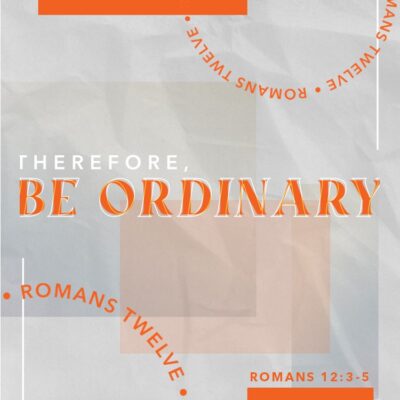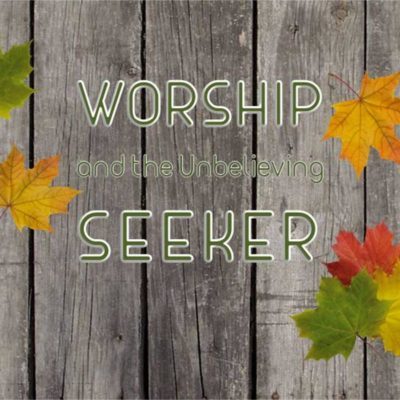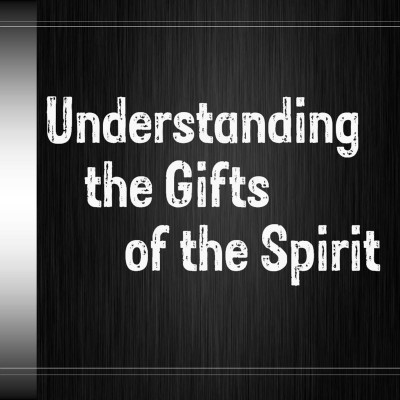Sermons on 1 Corinthians
In our sermon last week, we focused in on how God wants His children to be different—we said “peculiar”—not conformed to the standards of this world but offering our lives completely to Him as holy, pleasing, living sacrifice. In some ways, the peculiarity of living a life for Christ can—in some demented way—meet this desire in us to be extraordinary. In fact, it is not uncommon for people who consider themselves to be completely sold-out to God to become proud of their perceived holiness. We may all have a deep-seated desire to be extraordinary, but God is calling us to be ordinary. If we are the superhero of our stories, there is no room for God to be glorified in or through us. But, when we see ourselves for who we are—and see God for who He really is—we will begin to see our part in His kingdom work, and our role in this work is a small (but essential) part of a much bigger work that God is accomplishing through the local, New Testament church!
Community is often under-prioritized, because we naturally tend to gravitate towards hanging out. But are we building the right community, the community God intends for us to have with one another. In this lesson, we are first going to look at how the early church (Acts 2:42-47) built their community together. Second, we are going to read through 1 Corinthians 13, at how the church at Corinth needed to shift the priority of their community from valuing talents and gifts to valuing Love above all else. A love the leads us back to Christ.
As we come to the end of Paul’s Second Missionary Journey, we realize that Paul arrived in Corinth physically and emotionally spent—burned out—and he was in desperate need of rejuvenation. That is exactly what he received when he arrived in Corinth. In this study, we will spend some time examining all the ways that Paul received encouragement and instruction during this difficult time and try to apply some of these same principles to our lives as well.
HELP US GO INTO ALL THE WORLD, “For the body does not consist of one member but of many.” 1 Corinthians 12:14
Get involved at https://www.gideons.org
Is it true? Is it kind? Is it necessary? These are all crucial questions that we must ask ourselves before we hit send!
Tolerance has become a buzz word in the twenty-first century. In a study prepared by Probe Ministries International, Scott Scruggs wrote, “In response to a survey concerning beliefs about God, a sixteen-year-old girl replied, ‘In my mind, the only people who are wrong are the people who will not accept different beliefs as being, well, acceptable.’ This girl believed that the only real sin is to not accept or tolerate other people’s beliefs.” If tolerance is respecting someone’s beliefs, does that mean that we are being intolerant if we attempt to convince someone to be a Christian? Does the Bible teach us to be intolerant?
For many years, attempts have been made to disprove the historicity of the man called Jesus of Nazareth—His virgin birth, His sinless life, His gruesome death and His miraculous resurrection. The foundation of the Christian religion is based upon WHO He is, as much as WHAT He taught; so opponents of Christianity have spent countless hours attempting to discredit the claims of Christ followers and bring into disrepute the One we worship as the Messiah—Jesus Christ of Nazareth. What proof do we have for the resurrection of Jesus?
When we think about all that goes into planning a worship service, where is our focus? Do we focus on what our people want? Do we focus on what the world sees as attractive? Or do we focus upon God and what pleases Him? In our text today, we will spend some time considering the effect that true worship has upon the life of a seeker, but in order to do that, we will also be looking at the impact of a false, frenzied worship as well.
Sermon – Understanding the Gifts of the Spirit
Whatever your SPIRITUAL GIFT, you must step out in faith and serve Him therein; as you depend upon Him to work through you to accomplish His will.
Sermon Video, Audio, Text included at http://www.templerogers.org/sermons/understanding-…-of-the-spirit/








